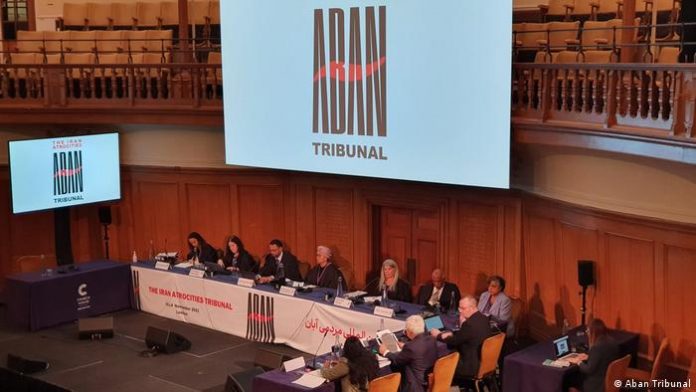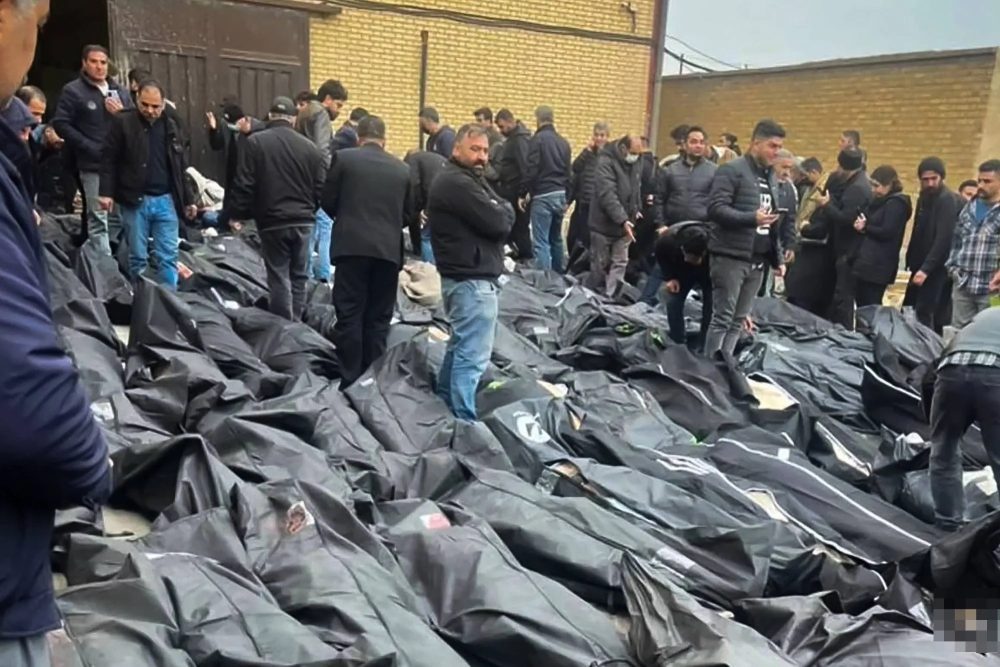
Two years after the violent crackdown on nationwide protests in Iran in November 2019, an international people’s tribunal in London is meeting from Nov 19 to 23 to have a close look at the events leading to the massacre, injuries and imprisonment of thousands of Iranian protesters.
The tribunal was formed at the initiative of three human rights organizations, Justice for Iran, Iran Human Rights, and Amnesty International in response to “repeated requests” of the victims families and survivors. The tribunal is chaired by Wayne Jordash, an international human rights lawyer and founder and Managing Partner of Global Rights Compliance.
In this court, six independent lawyers from Britain, the United States, Indonesia, South Africa and Libya, at the invitation of human rights organizations, are investigating the events that took place during November 2019 protests independently and in accordance with international law.
In March of last year, the prosecutors of this court “summoned” dozens of officials in letters to the Iranian ambassador in The Hague, demanding that they provide evidence of the events of November 2019.
The trial began with Wayne Jerdash remarks, referring to the “gross” violation of human rights in November 2019 protests and the formation of this court. Hamid Sabi, a member of the prosecutor’s office, then invited a representative of the Islamic regime of Iran to introduce himself, but there was no one present.
Maryam Foumani then presented the “results of her investigation” into the November 2019 protests and explained the process of verification of affidavits collected by witnesses.
The next witness was Amir Ansarifard, who testified in a video from Iran about his 28-year-old son Farzad, who was killed on November 16, 2019 in Behbahan. Mr. Ansarifard’s report was provided by a “weapons expert” issued by the Khuzestan Police Department. The document, which showed his son’s picture, stated that the cause of death of Farzad Ansarifard was “bullets of 7 to 8 mm caliber weapons (like Kalashnikovs)”. The bullet was fired from a distance of “fifteen to forty meters” and hit the back of the neck.
According to the organizers, after the testimony of all witnesses present at the court and the result of 120 written affidavits, the judges will decide whether the Islamic regime of Iran has “committed any international crimes” in response to November 2019 protests in Iran.
The trial panel accused “133” officials of the Islamic regime of Iran, including Khamenei and Ibrahim Raisi of “crimes against humanity”. The judges in this case, too, will issue a verdict that will be announced “early next year”.
The trial hearing is open to public, and is broadcast live on Instagram and YouTube.






